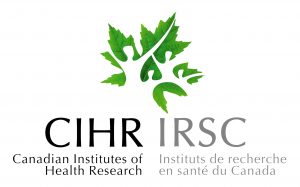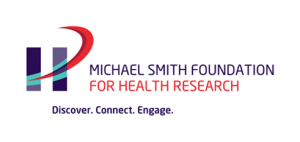
UBC announces funding for Research Excellence Clusters in 2021/22
This week the University of British Columbia announced thirty-five Research Excellence Clusters funded for the 2021/22 academic year. The clusters “are inter-departmental networks of researchers

